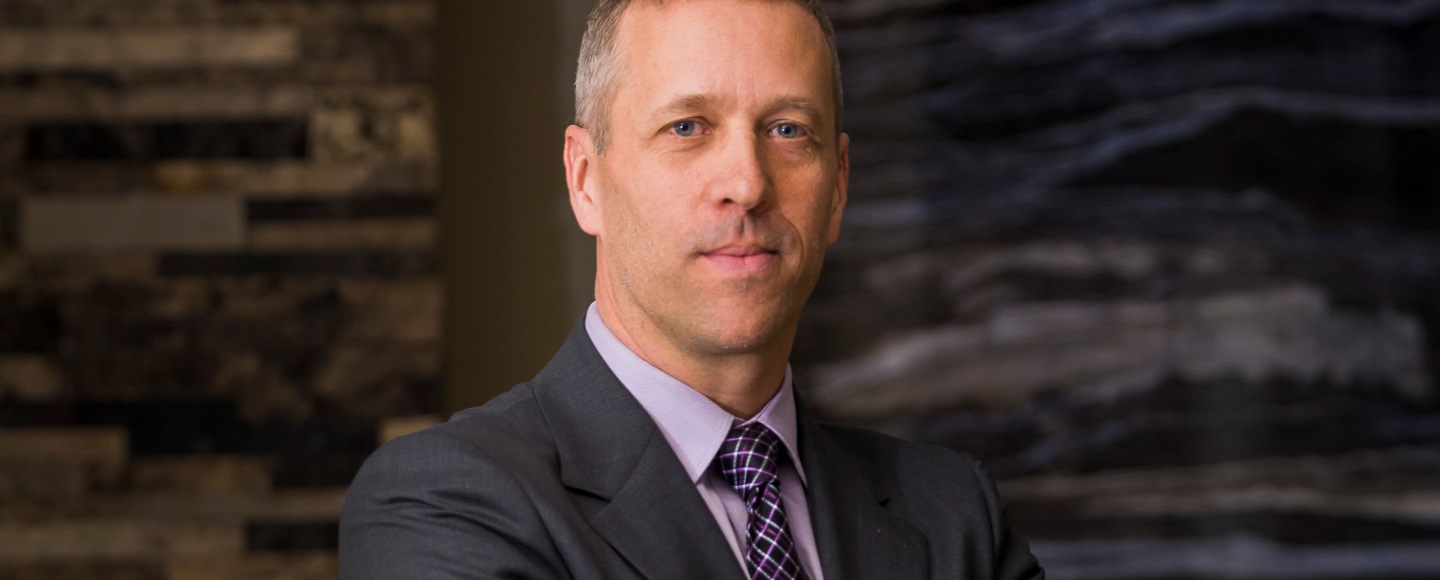The Seven Deadly Sins were once singled out as examples of human weakness to be avoided at all costs. But when it comes to investing, Peter Hodson says there are five that really matter.
Mr. Hodson, at one-time chairman of Sprott Asset Management LP, says he has seen these sins repeated many times. They play havoc with your returns, chip away at your nest egg and lead to plenty of sleepless nights.
“If I was to sum it up, keep your investments simple, because more complexity usually means more fees. And be aware of conflicts of interest,” Mr. Hodson says.
Mr Hodson is a Chartered Financial Analyst, a fellow of the Canadian Securities Institute and during his time at Sprott managed funds with more than $1.1 billion in assets. He left in 2011 and bought Canadian MoneySaver Magazine and founded 5i Research Inc. The subscription service has answered thousands of questions and the themes among them have shaped his list of sins.
Mr. Hodson believes that good advice from an advisor is well worth the money, but some people prefer the DIY route. But whichever way you go, the more involved you are with your financial affairs, the better off you will be.

If you have an advisor and an investment plan that’s designed for you it’s absolutely worth paying for, he says. “DIY investing isn’t for everybody. It takes time and effort to manage a portfolio, so you have to have an open mind towards risk. If the markets drop 5 or 10% which they can, what would you do? “
In a Q&A, Mr. Hodson shared his approach to investing and the mistakes at the top of his list.
Q: Why did you launch 5i Research?
A: I felt there was a need for a service that offers DIY investors conflict-free research and opinion. We only cover 70 mid-sized Canadian public companies. We don’t trade in anything we cover. We don’t have relationships with the companies we cover. We don’t manage any money. The only thing we offer is an opinion. We don’t tell you what to do, but we will tell you what we would do.
We give a basic rundown on financials, the management, the prospects and the risk.
So who are your clients?
We actually have plenty of brokers and advisors who use the service for ideas. We have wealthy clients who have abandoned the broker-advisor model and are doing it on their own. We have a portion who do both.
Our average client has a net worth that is somewhat higher than average, but lower than what brokers view as a big client. If you don’t have $400,000 or $500,000, brokers don’t give you much attention. But $350,000 is still a lot of money.
You say Sin #1 is selling your winners too soon. Why do investors do that?
We get many questions from subscribers that ask whether they should sell a stock because it has gone up. But the fact that a stock is up is not a good reason to sell. You will never get a big winner, like Google, Amazon or Apple, if you sell too early.
The reason you should sell if there’s a change in the company’s prospects, or to rebalance your portfolio, or you need the money.
Sin #2 is keeping your losers too long. What is too long?
Too long means hanging on after there’s been a fundamental decline in a business. That changes the thesis for owning it.
A recent example is Dorel Industries. Dorel was a fabulous children’s furniture business and then it bought a bicycle company and then another one. The stock hasn’t done anything in 10 years and in the past month it was cut in half. If I had owned Dorel at the time it moved into bicycles, I would have asked why are they changing horses? What are the synergies between the two businesses?
Why is it hard to sell losers?
People find it difficult to accept they’ve made a mistake. So, they say I’ll wait until it comes back and I break even. Break even should not be a goal of any investor, but anyway, the odds of a company dwindling to nothing and coming back to where you bought it are almost zero. It doesn’t happen. Take the loss and buy something else.
Sin #3 is over diversification. How many stocks is too many?
We have seen portfolios with more than 100 holdings, with each less than 1% of the total. If you have a 1% position, tripling it won’t move the needle. We think for the average investor 20 to 25 is enough. Have all the sectors represented. Diversify by sector and geography, large cap small cap. Any differences are helpful.
Sin #4 is overestimating market risks
The odds of losing money in the stock market over a long term if you invest in an index fund is minimal. Sure, if you invest for one year, you have pretty good odds of a loss. By three years it shrinks dramatically and after 15 years, historically, you can’t lose.
Bad news is better than good for the media. So the quarterly focus on earnings and whether the company is downgraded, or should I rotate from value into growth stock, all that stuff is just noise for any investor who has a 10 year or more horizon.
Sin #5 is that fees eat up your returns.
When fees are compounded over time, they destroy performance. There are investment management fees, mutual fund fees and ETF fees. They all add up. There are trading fees. The more you trade, the more fees and taxes you pay on profits.
Should investors be worried in the current climate?
It is usually the bullet you don’t expect that hits you. We aren’t worried about a recession and even if there is one, we don’t care that much. We have a longer term view. And, of course, every crisis is a buying opportunity.
This article appeared in the Globe Advisor section of the Globe & Mail’s Report on Business on Nov. 11, 2019.

Pingback: NEWS, BREAKOUTS, MOMENTUM PLAYS, & BOTTOMS – NOVEMBER 18, 2019 - SETYOURSTOP.COM